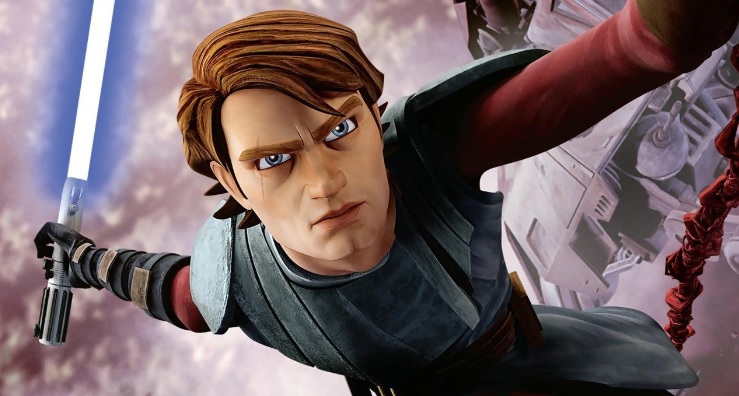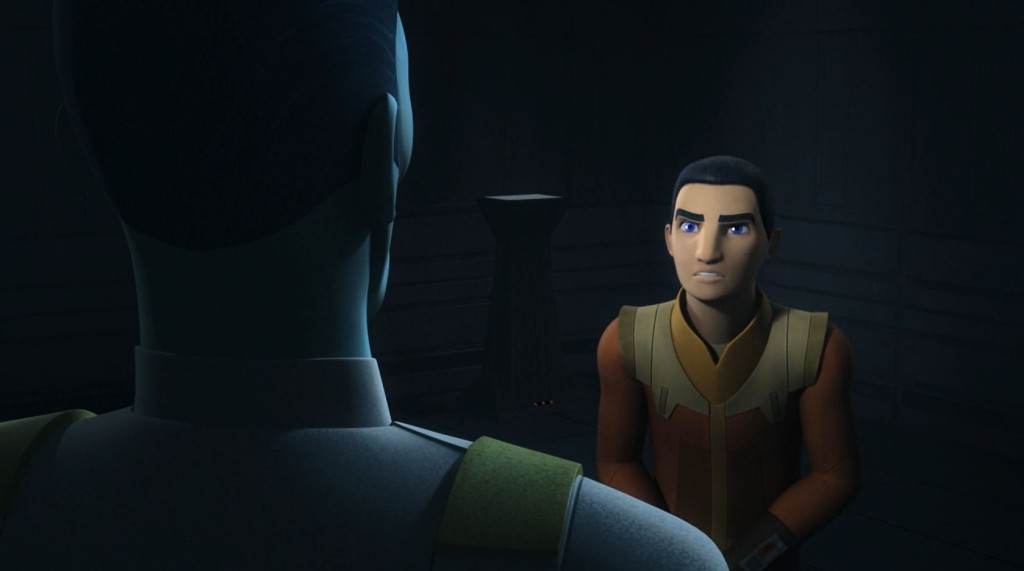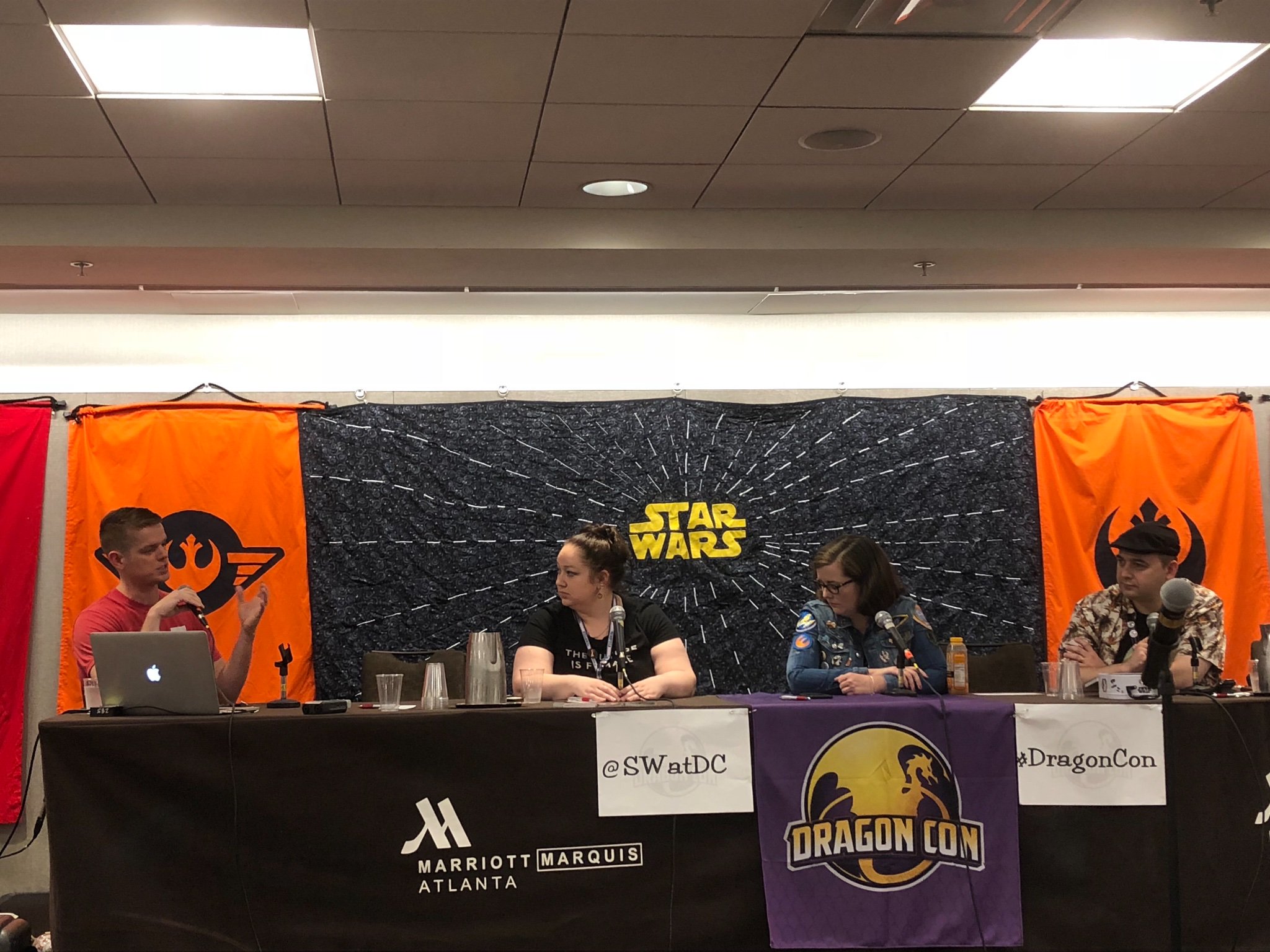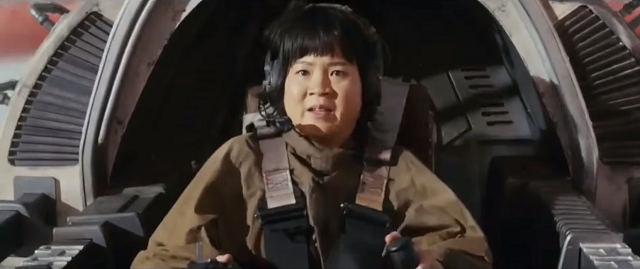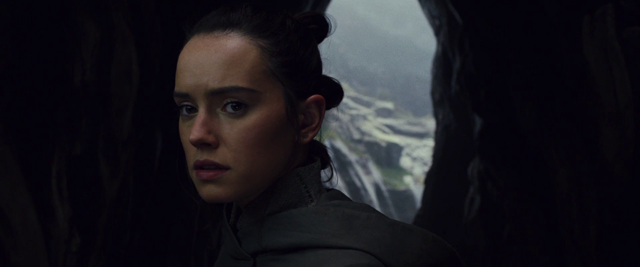
As Episode IX steadily approaches, a year and a few months away from release, debate around the parentage of Rey has continued almost unabated, arguably intensified by The Last Jedi’s “surprise” revelation. Some fans still seem to want an easy way to connect the dots from Rey to the core family of Star Wars, even indirectly, as if the term “Skywalker saga” was a mission statement rather than a convenient identifier.
Part of this stems from how the information is revealed in The Last Jedi: a terrific anticlimax, prompted by Kylo Ren. Prompted…but not issued. The text of Rian Johnson’s film builds this up and suggests it through Rey’s tendency to look for parental figures wherever possible, even when those whom she latches onto are inadequate in some way. The “reveal” isn’t some fake-out gotcha, it’s a natural progression from what we’ve already been given, albeit couched in Abrams’s typically coy storytelling tendencies in The Force Awakens. We’ve been conditioned to expect reversal, so much so that a greater surprise comes from straightforward progression.
In a way, The Last Jedi fleshes out the thread that can make the sequel trilogy a truly essential addition to the epic of Anakin and Luke Skywalker: a story of individuals within the galaxy far far away interpreting and reconciling the tales that have come before to carve out their own path. And perhaps the best torchbearer for this journey of interpretation, emulation and discovery is someone who is a nobody from nowhere, someone without the baggage that weighs so heavily on the new arch-villain Kylo Ren. Rey, as it turns out, operates very differently from her predecessors, the Skywalker boys. She is grappling with entirely different types of problems – no more or less difficult, but complex in a different way. To that end, the scenarios in which we find each of Star Wars’ three core protagonists when first introduced to them (chronologically) hugely inform their stories to follow, both in nature and resolution. In some ways, Rey is far ahead of the Skywalker boys when we first meet her. In other ways, she isn’t. It is this contrast that helps drive this new generation forward, and helps reshape what it means to be a Jedi with “the most serious mind”, and the appeal of a nobody in the galaxy far, far away.
